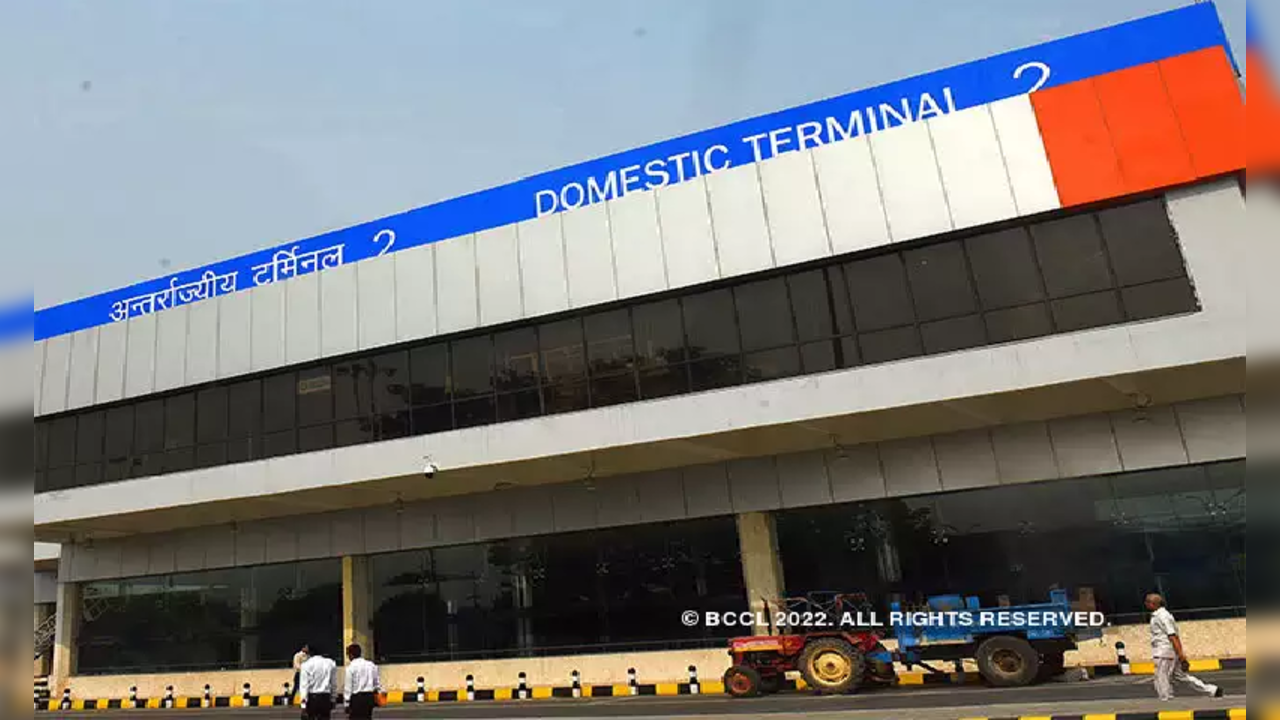Delhi Airport's Terminal 2 begins real-time full-body scanner trials
Delhi International Airport Limited has installed a full-body scanner at the security check area for trials. The trials would be conducted on a real-time basis i.e. passengers would have to pass through it during their security check before moving to the security hold area.

Delhi airport Terminal 2
Photo : BCCL
Delhi International Airport Limited (DIAL), a GMR Infrastructure Limited- led consortium, has started the trials of the full-body scanner today at Terminal 2 of the Indira Gandhi International Airport. This is in line with the directive of the Bureau of Civil Aviation Security (BCAS).
A full-body scanner is a device that detects objects, without making physical contact or breaching the privacy of passengers. Unlike metal detectors, full-body scanners can detect non-metal objects, which are hard to detect with the conventional door frame metal detector (DFMD).
DIAL has installed a full-body scanner at the security check area for trials. The trials would be conducted on a real-time basis i.e. passengers would have to pass through it during their security check before moving to the security hold area.
The real-time trials would be carried out for a period of 45 to 60 days. During this period, feedback of all the stakeholders – the Bureau of Civil Aviation Security (BCAS), the Central Industrial Security Force (CISF), the airport operator DIAL, and passengers -would be taken, examined, and evaluated. Upon completion of trials, the findings would be shared with regulatory bodies for evaluation and the further course of action would be decided accordingly.
The new advanced scanner installed at Delhi Airport is a Millimeter-Wave based scanner, which was found to be accurate and has medical approvals regarding health risks, and completely answers privacy issues. By scanning passengers at the airport, one can reveal anything hidden beneath their clothes and thus reduce the number of random pat-downs and strip searches. This saves personnel from an uncomfortable situation and speeds up security checks.
Trending:
End of Article
Subscribe to our daily Newsletter!
Related News





Are Your Mutual Fund SIPs Frozen? Here's How You Can Update KYC

Amid Iran-Israel Tensions, Air India Suspends All Flights To Tel Aviv Till April 30

Wipro Q4 Results: IT Major's Profit Declines 8 pc to Rs 2,835 crore

Mutual Fund SIP Calculator: Expert Tips To Generate Rs 10 Crore Portfolio

Mukesh Ambani Birthday: The Man Behind Reliance Industries' Phenomenal Rise Turns 67 | Know His Salary, Favourite Cafe And More








